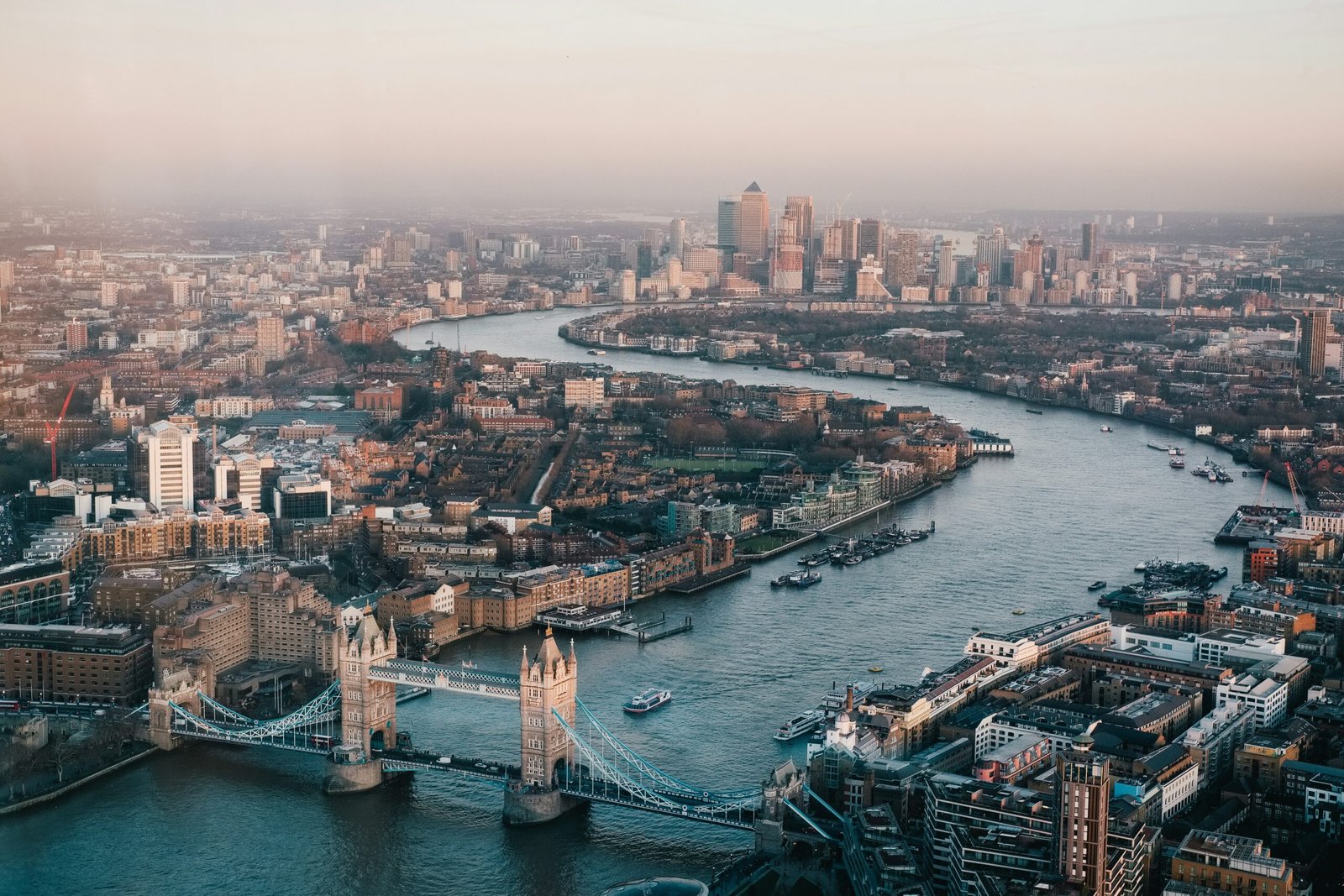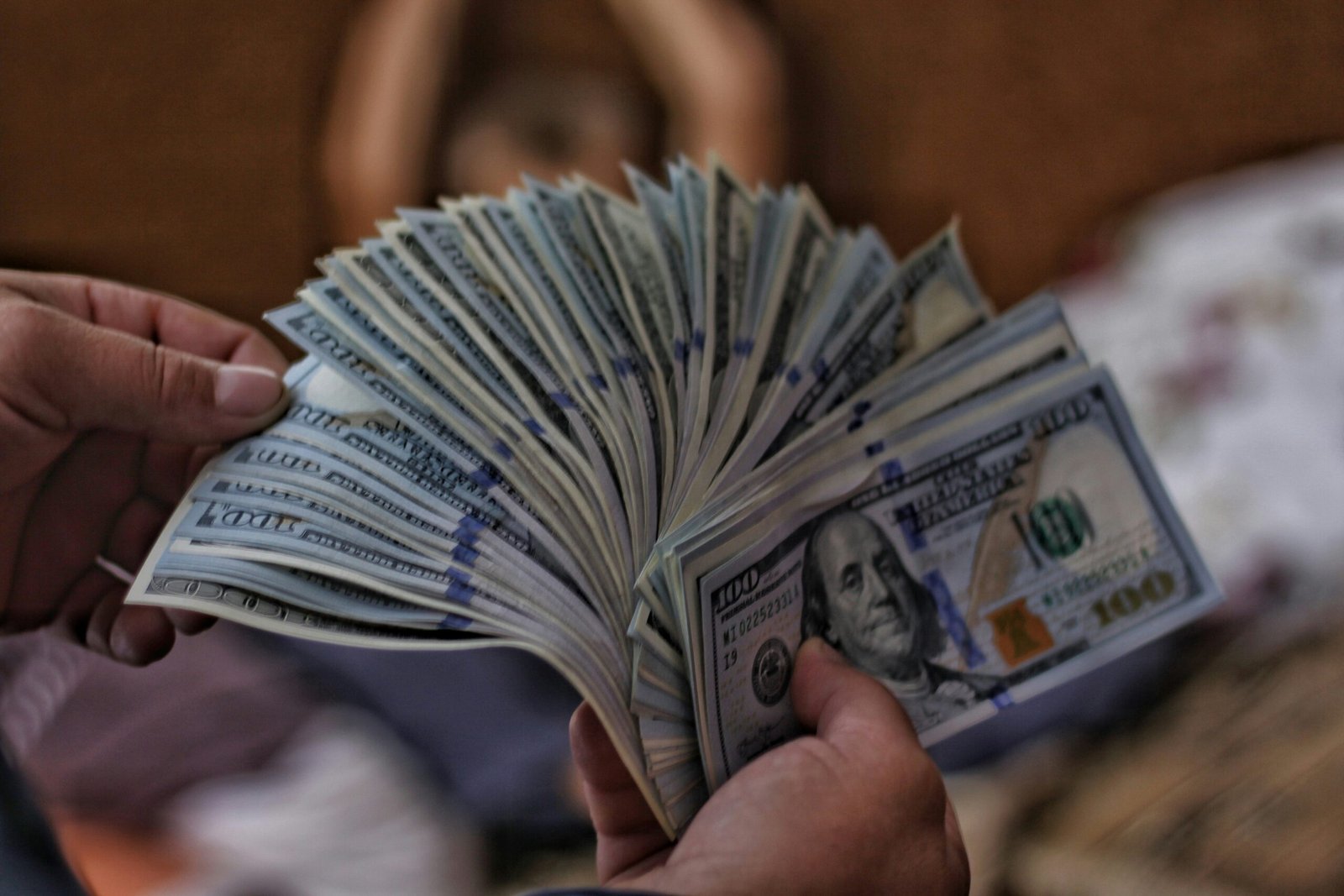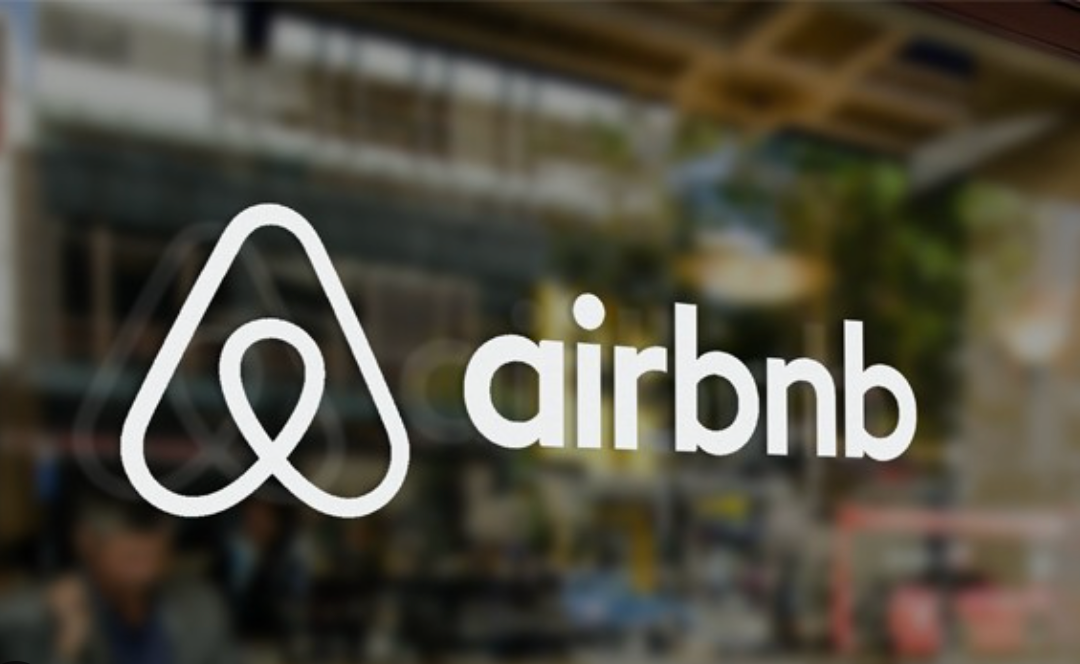Australia: New research by Oxford Economics, commissioned by Airbnb, shows that spending associated with Airbnb contributed an estimated $20.3 billion to Australia’s economy in 2024.
This sum equates to approximately seven per cent of the country’s tourism GDP. Economic activity from Airbnb’s presence also helped support 107,000 jobs while contributing an estimated $7 billion in wage income, the report claims.
The research revealed a continued recovery in domestic travel, with domestic guests accounting for around 84 per cent of Airbnb stays in 2024 – an almost 10 percentage points increase on the 2019 pre-COVID share. Around half of all international visitors to Australia using Airbnb came from within the Asia Pacific region in 2024, with Singapore, New Zealand and mainland China the top three. UK travellers were the single largest source of international guests, accounting for 14 per cent of the total, followed closely by the United States (12 per cent).
In 2024, Airbnb guest spending in Australia reached $16 billion, which includes both accommodation and non‑accommodation expenses. Guests stayed an average of three days in their Airbnb accommodation and spent on average $320 daily on non‑accommodation essentials like dining, shopping, entertainment, groceries and transport. For every $100 spent in-destination, $34 went to restaurants, $ 20 to shopping, $19 to groceries, $ 15 to arts and entertainment and $12 to local transport.
Michael Brennan, director of economic consulting at Oxford Economics Australia, said: “Australia’s tourism recovery highlights a strong and sustained appetite for domestic travel. While international source markets steadily progress towards pre-pandemic norms, Australian travellers are instrumental in driving the tourism sector’s resurgence. In 2024, their share of total Airbnb guests exceeded 2019 levels, showcasing the vital role of domestic tourism in supporting the industry’s recovery.”
“Airbnb has played a central role in the transformation of Australia’s travel landscape, facilitating the distribution of tourism benefits beyond major urban centres to include less-frequented rural regions. Consequently, Airbnb’s economic impact is extensively distributed across the national economy, contributing to employment and supporting livelihoods across multiple sectors and geographic areas,” he added.
Susan Wheeldon, Airbnb country manager for Australia and New Zealand, said: “We’re delighted to see Australia’s tourism industry going from strength to strength. Aussies are embracing Airbnb not just for city escapes, but to discover hidden gems and unique stays in our beautiful regions. With more stays happening outside our major cities, Airbnb is helping spread the economic benefits to smaller communities across the country. It’s incredibly rewarding to see the ripple effect and know that Airbnb is helping local businesses thrive, creating jobs, and spreading economic benefits across every corner of Australia.”
Highlights:
• New research by Oxford Economics, commissioned by Airbnb, shows that spending associated with Airbnb contributed an estimated $20.3 billion to Australia’s economy in 2024
• This sum equates to approximately seven per cent of the country’s tourism GDP
• Economic activity from Airbnb’s presence also helped support 107,000 jobs while contributing an estimated $7 billion in wage income, the report claims







